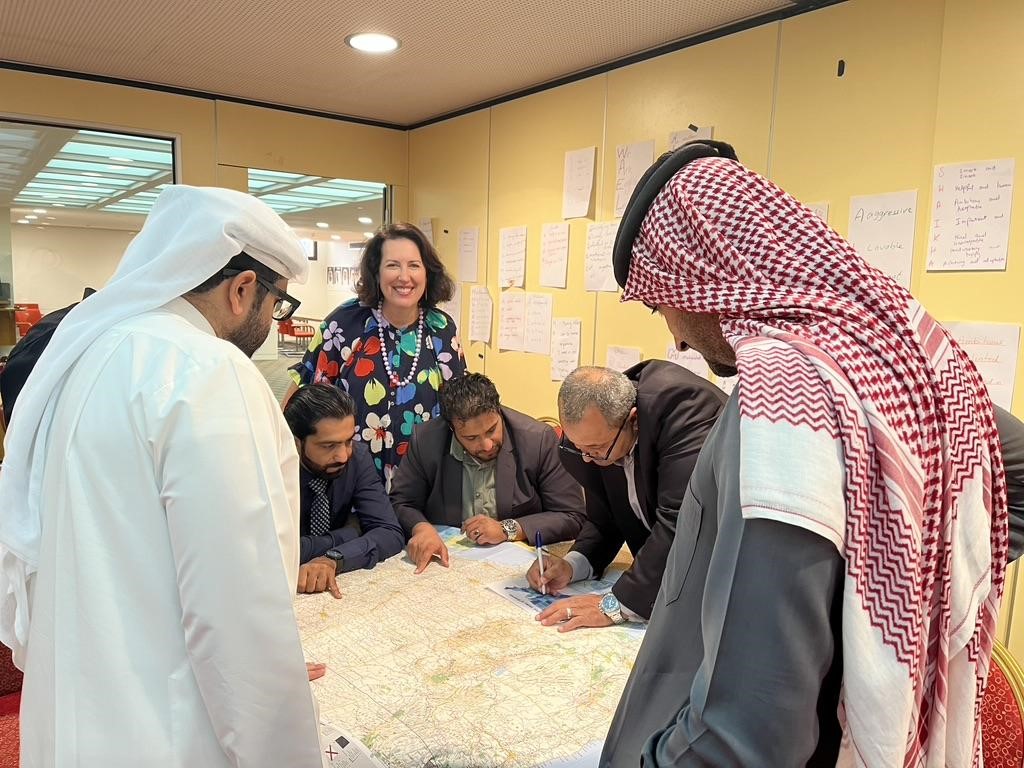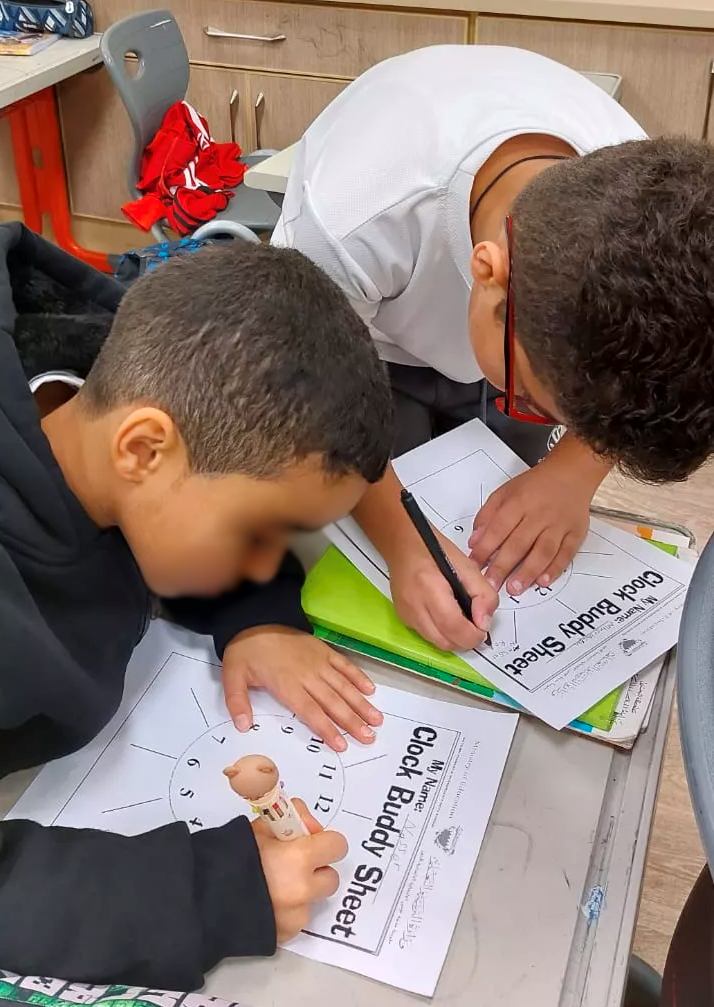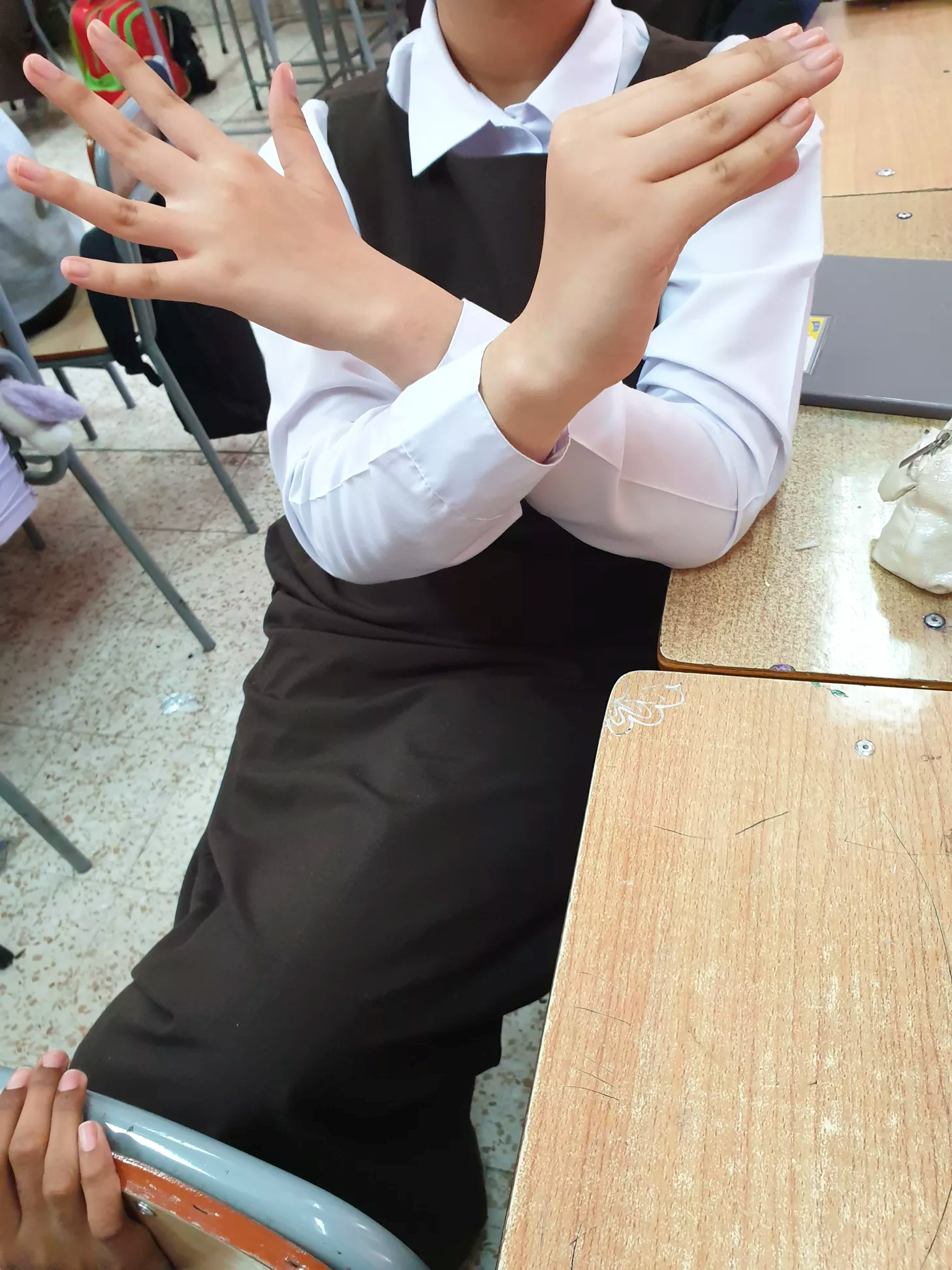4 Ways of Combating “PD Amnesia”
In this blog series, I have emphasized the need to make professional development (PD) more creative, more teacher-led, and more tied to local concerns. One of the other aspects too often neglected in PD is seeing the follow-on/up/through to teachers’ actual practices post-PD. And not just the week after, but weeks or even months afterwards.
We all have those treasured activities that we picked up from a PD experience which we are excited to try out right away in the classroom. These often become sparks that yield a whole set of variations and even shift our mindsets about approaches we hope to take up in our ever-emerging teacher identities. As designers of PD, it is critical that we also consider what happens when we are no longer present in the district or in the classrooms of the teachers we have worked with. Without this conscious intent to retain and reflect on what has been learned, we risk teachers forgetting — leading to “PD amnesia.”
In November 2022, about 8 months ago, I had the honor of serving as an English language specialist in Manama, Bahrain, where I worked with Khadija Alhayki and Sandra Story of the Regional English Language Programs Office to provide PD related to active learning and playful pedagogy. We engaged with primary and secondary English as a foreign language teachers who were eager to “play,” and the workshop time was devoted to enacting the practices we hoped teachers could bring back to their schools. This sort of extended PD time is magical — bringing skilled, caring, and thoughtful TESOLers together for a week. To capitalize on this time, however, the PD designer can think ahead to when they have long departed and build in several elements to ensure the vitality of the work continues.
How can the impact of PD be considered in its design? It is essential that the follow-on period is taken into account in the planning of the workshops. Here are four ways PD leaders can build that in:
4. Survey Teachers One Month Later
Often, we ask teachers to share feedback on the last day of a workshop, when excitement may be running high, the presenter is standing nearby, or teachers simply need to get going and leave the building. This makes for quick and short responses, which may reflect feelings in that moment or what participants feel they should say. Asking teachers about what they remember, liked, or have implemented from a PD about a month later is a truer test of what stood out and what they honestly appreciated or would have liked to change in the PD.
3. Invite Teachers to Publicly Share Samples of What They Implemented
One way to “see” the classrooms of teachers we have worked with is to invite them to share a video, photo, or student work sample where they have implemented one of the strategies presented in the workshop. We did this via a shared Padlet, where teachers were asked at the conclusion of the workshop to post a few months later. Here are a couple of such examples from the November workshop in Bahrain:
2. Ask Teachers to Collect Artifacts of Their Practice in a Portfolio
In so many cases, we enjoy a PD but lose track of what we have learned or even lose awareness of how we are indeed being influenced or implementing what we have learned, leading to what Shulman calls “pedagogical amnesia.”
Darling-Hammond, Hammerness, Grossman, Rust, and Shulman say that “Pedagogical amnesia, characterized by the inability to record and recall the fruits of teaching experience, is one symptom of the multidimensional complexity of teaching. So much happens so fast that it is a blur. Portfolios help make teaching stand still long enough to be examined, shared, and learned from.”
Keeping artifacts of practice, for instance, from the first month of school through to the last month of school—whether that includes photos, lesson plans, student work samples, or margin notes in a teacher’s guide—can keep us focused on how we have implemented new ideas and keep them top of mind. We can also plan to use these portfolios as part of annual review processes.
1. Involve Administrators and Supervisors in the Professional Development
School administrators are incredibly busy and most often not able to participate in the PD they have supported for their teachers. However, when leadership is not aware of the practices that have been discussed and promoted in a PD, they are unable to follow up in support of implementation. In fact, sometimes they actively recommend against the very practices teachers are trying to foster, thus thwarting the time spent in the professional learning experiences.
One way to involve administrators is to invite them to a showcase event on the last day or hour of the workshop; this allows teachers to show off what they have learned and be recognized for their accomplishments, and it also gives administrators insight into the core ideas that were presented.
Considering the follow up to PD is as important as the design of the workshop itself so that teachers build trust in their professional learning and have time and opportunity to see new ideas take root.
In the comments, share ideas you use to ensure follow-on and assess the impact of PD!





